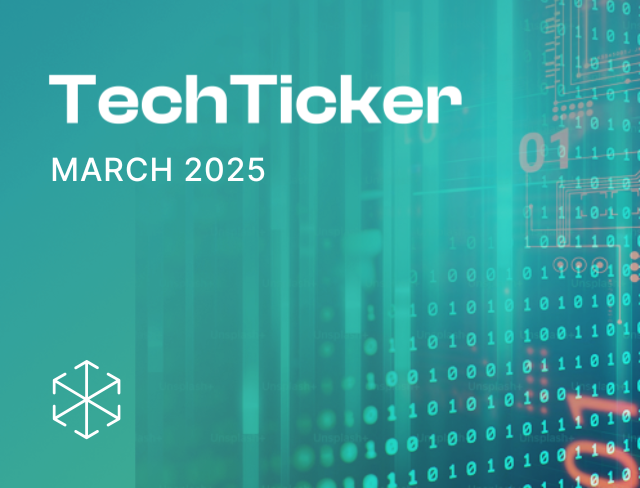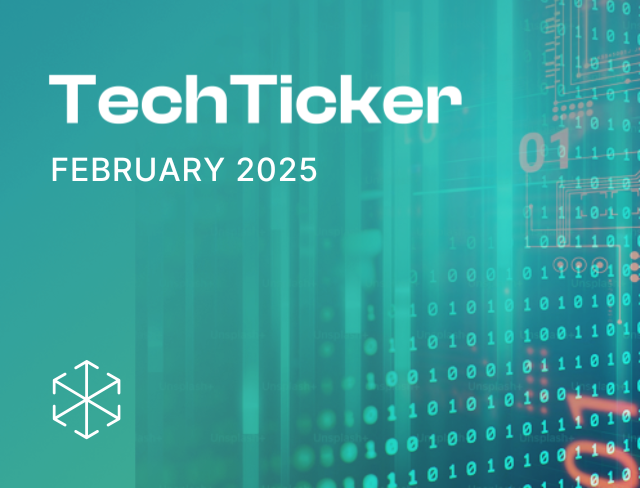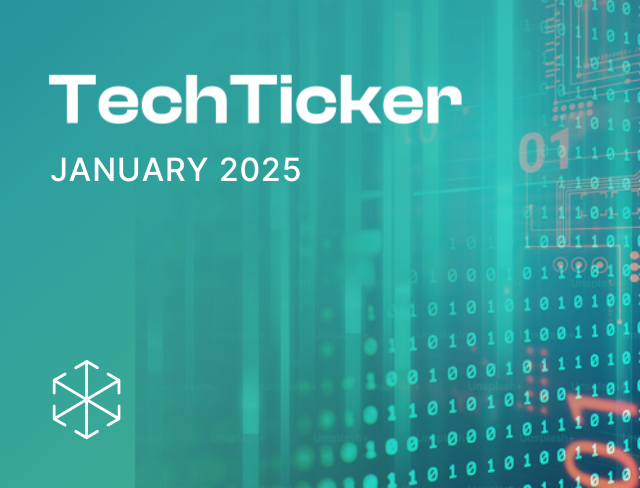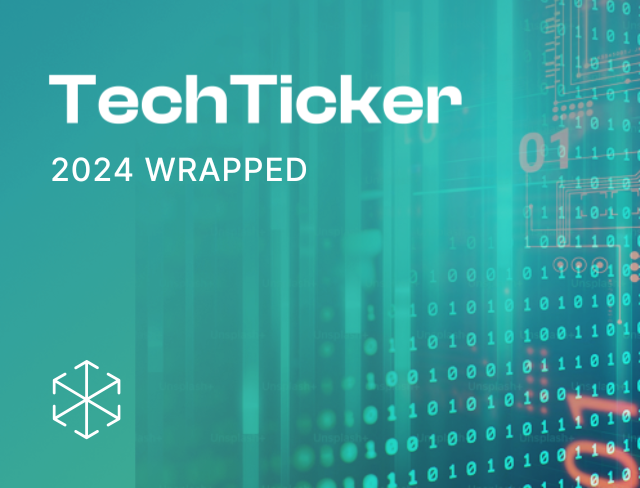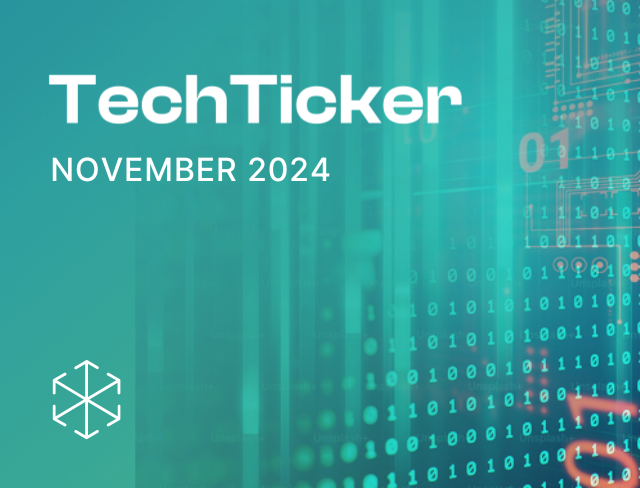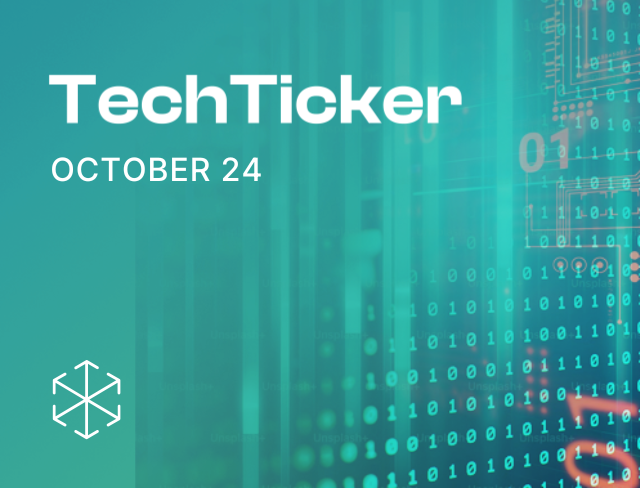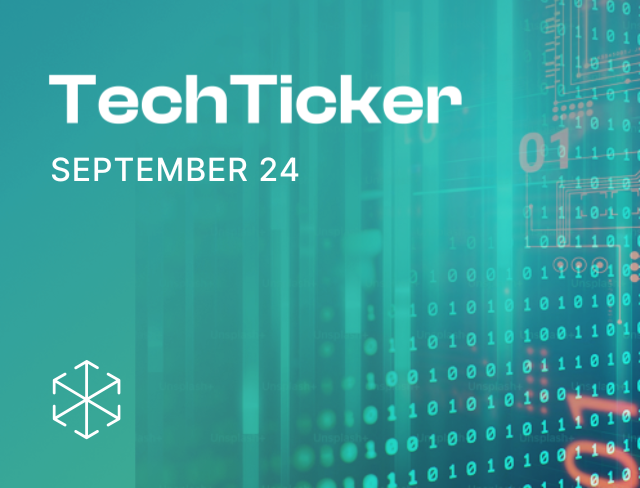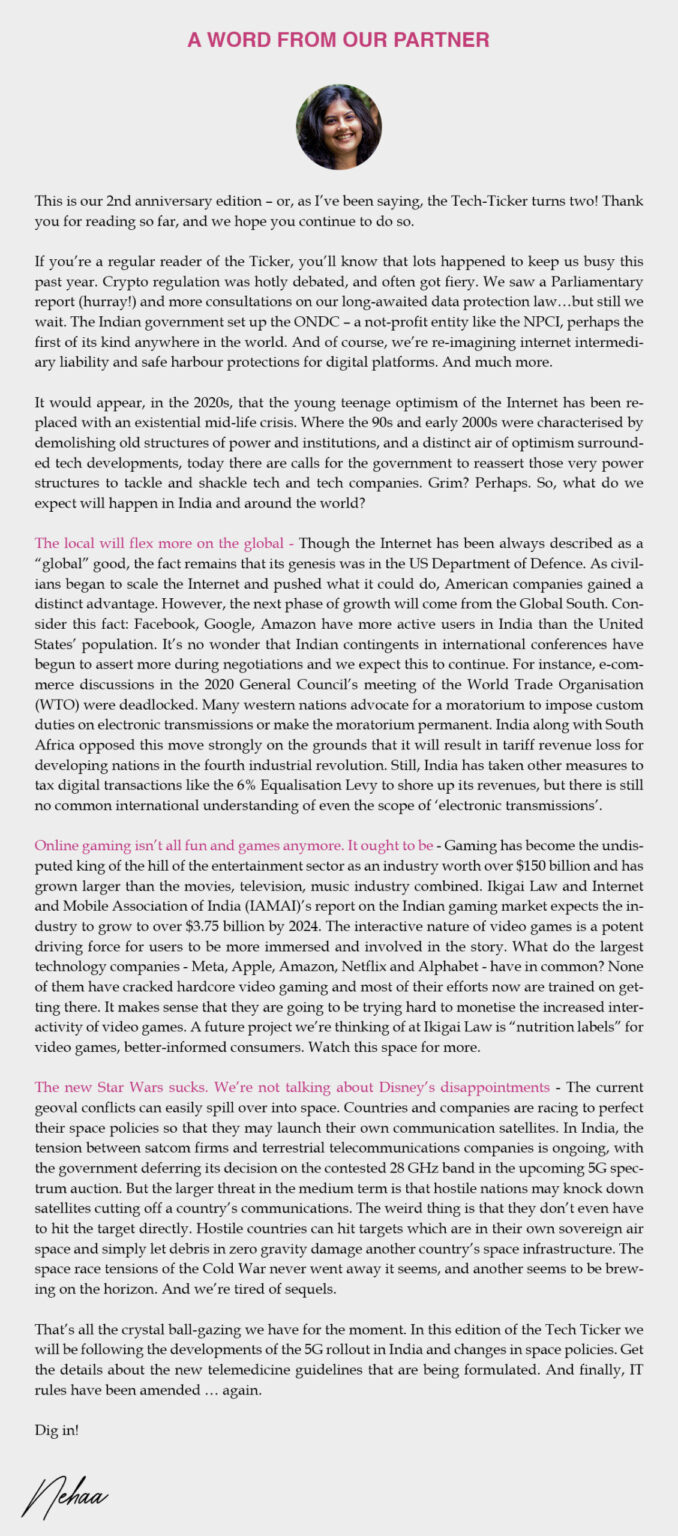
Before we begin, we’re delighted to share that our data and cyber security, fintech, policy and regulation, sports and gaming, and technology and telecom practices have been awarded by the India Business Law Journal. One of our clients said, “Being an early-stage crypto startup, there are very few law firms who can help you navigate the legal space keeping in mind the business aspect. Ikigai helped us sail through that…the knowledge and understanding that the Ikigai team has of this space is probably one of the best in the country”.
On that joyful note, here we go.
“The problem with troubleshooting is that trouble shoots back”- Ben Aaronovitch.
Even tech policy isn’t immune.
IT Rules amended, again
What’s happening? The IT Ministry met industry stakeholders, law firms, and civil society and discussed the draft amendments to the Information Technology (Intermediary Guidelines and Digital Media Ethics Code) Rules, 2021 (IT Rules) released on 6 June 2022. The draft amendments create additional avenues for grievance redressal through a government appointed appellate committee (GAC). They require social media companies to protect users’ fundamental rights and ensure timely takedown of unlawful content to avoid it becoming ‘viral’.
At the meeting, the IT ministry reiterated the government’s aim to make the internet safe and open by attributing more accountability to social media platforms. Stakeholders raised concerns about lack of clarity on mechanisms to ensure users will not upload harmful content, intermediaries running the risk of losing their protection against third party content by actively monitoring it, the constitution, role, and powers of GAC, among others.
Same rules, new government body: The GAC will hear appeals against content related decisions of social media platforms. Arguably, establishing a GAC-like body is not something the IT Ministry can use its narrow rule making powers under the Information Technology Act 2000 to do. The Minister of State for IT, Mr. Rajeev Chandrashekhar said that the government is open to a self-regulated appellate authority for grievance redressal, instead of a state appointed GAC. Industry bodies and think tanks have demanded that measures to ensure accountability and transparency of the GAC should be introduced.
Fundamental rights and social media: The lack of clarity on respecting the fundamental rights of users was also widely criticized by social media platforms at the meeting. IT Ministry’s pursuit of fundamental rights protection stems from its views on deplatforming users, which it believes violates the fundamental right to free speech and should not be unilaterally exercised by social media platforms.
Listen to Astha explore the paradoxes of intermediary liability regulation with some Chitter Chatter.
New telemedicine guidelines in the making
What’s happening? The National Medical Commission (NMC) circulated new guidelines for telemedicine to address issues of consent management, e-prescriptions, and medical practitioner ethics. These guidelines are a part of the larger reform of professional ethics regulation in the sector. Once finalized, the NMC’s version will replace the 2020 telemedicine guidelines issued by the Ministry of Health and Family Welfare. Read our analysis of the 2020 guidelines, here.
Call me a doctor: The NMC version adds an additional set of obligations for registered medical practitioners (RMP) such as doctors. RMPs have to confirm consent in a language that the patient understands. They must consider the patient’s connectivity and location to decide the mode (text/audio/video) of tele-consultation. They will need to keep patient records for 3 years from the date of the last consultation.
Impact for technology providers of telemedicine: The NMC will be empowered to take legal action against technology providers such as digital health platforms if they violate their obligations under the new guidelines. Owners and administrators of technology providers will be responsible for ensuring that doctors are registered with state/national authorities.
Intelligence can’t just be artificial: NMC reiterates the 2020 guidelines that said RMPs can rely on artificial intelligence to make clinical decisions, but with some human intervention when using such technology. Meaning an app that diagnoses your health issues solely on the basis of its algorithms will also need to make sure its findings are verified by an actual human doctor.
In case you missed it
Stars have aligned for
5G: India will open up 72 Ghz of spectrum for 5G services by the end of July 2022. The Department of Telecommunications (DoT) invited bidders for auction, excluding the 28 GHz band- which satcom operators urged the DoT to reserve for satellite services. The DoT will offer spectrum at reserve prices suggested by the Telecom Regulatory Authority of India. The spectrum will be available for 20 years with easy payment options. Tech and IT companies can get spectrum directly from the DoT to set up their private networks, which telcos believe would eat into their revenue. Also, Prime Minister Mr. Narendra Modi inaugurated the Indian National Space Promotion and Authorization Center (IN-SPACe) – a single window clearance agency envisaged for streamlining space related approvals in India. More about the 28 Ghz band, here.
Gaming: In a first, Mr. Rajeev Chandrasekhar met stakeholders from the online gaming industry to discuss a central law on gaming. Stakeholders shared their views on how self-regulatory organisations (SRO) can govern this sector, and whether the industry would prefer a PPP model or a board of experts including judicial members to govern the SROs. Nehaa weighed in on the need for a central regulatory framework for the sector, read here and here. Meanwhile, states continued to contemplate laws to regulate the sector– Rajasthan floated a bill to regulate esports and fantasy sports, to which we submitted our comments. On the other side, the Tamil Nadu government set up a committee to design a framework to regulate and potentially ban online games in the state. Read Shambhavi and Nehaa’s piece on Karnataka’s ban on online gaming, here and watch Rutuja flex her XP to tell you what’s in store for the gaming sector.
Data: Last month, the IT Ministry released the draft National Data Governance Framework Policy. This is a revised version of the draft India Data Accessibility and Use Policy released in February, and aims to improve the use of non-personal (anonymised) public sector data in India for delivering citizen-centric services. It also seeks to promote research, innovation and growth of India’s AI and data driven ecosystem. It has dropped provisions on data monetization and licensing that featured in the previous iteration, after the civil society raised concerns against them. Also, the IT Ministry conducted a stakeholder consultation to discuss the broader goals and timelines of the new policy, which is expected be implemented by next year through several clarificatory guidelines. More on data governance, here.
In other news, CERT-In extended the deadline for its cybersecurity norms for micro, small and medium enterprises till 25 September 2022. Watch Osho unpack CERT-In’s cybersecurity guidelines, and read our deep dive of the guidelines, here.
Mercury is in retrograde for
E-commerce: In a new report, the parliamentary standing committee on commerce suggests that the government finalise the (long anticipated) e-commerce policy on priority and holds e-commerce platforms responsible for resolving consumer grievances on quality and standard of goods. It urges the government to strengthen the FDI norms and take ‘proactive action’ against ‘e-commerce giants’ violating the FDI policy. It also calls for revisiting competition law to enhance scrutiny over digital markets. And bring clarity on liability of e-commerce platforms, sellers, start-ups, among others, who are integrating with the government’s open network digital commerce platform. On a positive note, the committee bats for boosting e-commerce exports, tapping into the experience of e-commerce platforms in digitising small sellers, extending GST registration benefits offered to offline sellers to online sellers, and promoting a mechanism for self-regulation in the sector. These recommendations are not binding on the government, but do have persuasive value.
Crypto: A consultation paper on cryptocurrency regulation is in the works, and international organisations such as the World Bank and IMF are said to weigh in on it. Also, the Central Board of Direct Taxes (CBDT) has issued clarifications on taxation of virtual digital assets. The responsibility of deducting tax at source will largely fall on crypto exchanges. The CBDT clarifies the manner of deducting and depositing tax for crypto-crypto transactions. It also clarifies how cryptos will be valued. Catch Mayank unpack the evolution of regulations in the crypto space and developments to watch out for, here.

That’s all from us, folks! We’d love to hear your thoughts on the top stories of the week and the new update to the tech ticker. Write to us at contact@ikigailaw.com.

